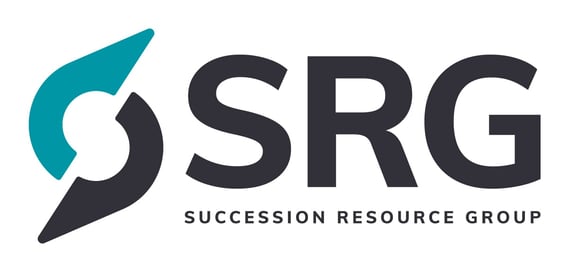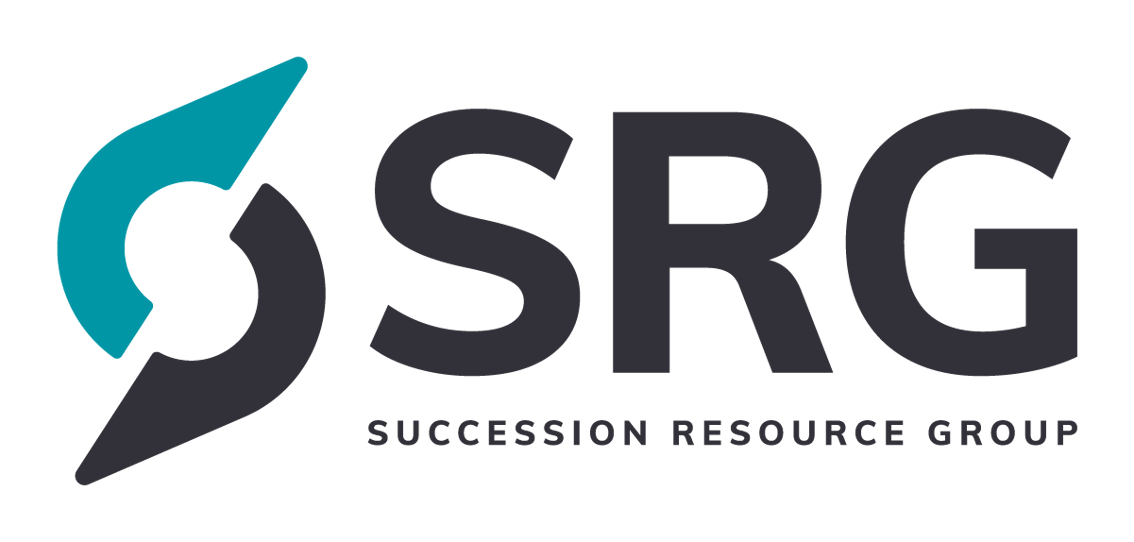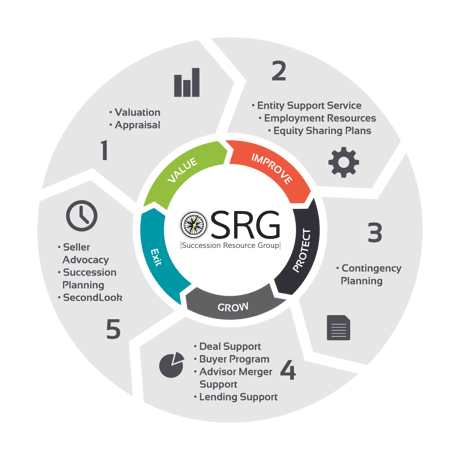
While it is easy for publicly traded companies to know their valuation, only around 1% of businesses are traded on the public market. All the rest are privately held, and for them, the prospect of knowing how much their companies are worth is far more challenging.
It is extremely important to be able to know the value of your company. This information is necessary for all kinds of business operations both big and small. Whether it is for getting a business insurance quote or navigating a merger, your valuation is among the most important details about your company.
Different Valuation Approaches
There are many different approaches you can take to determine the value of your business, each with its own benefits and drawbacks. Depending on the specific circumstances of your business, one of these valuation methods might be more appropriate than the others — although it is not unusual for a company to take a hybrid approach.
- Income approach: Valuation is determined based on the net present value of expected future benefits.
- Market approach: Valuation is determined based on the known value of comparable sales of other companies and assets.
- Asset-based approach: Valuation is determined based on the value of its tangible net assets.
- Cost approach: Valuation is determined based on how much it would cost to rebuild or replace a business or its assets.
Income Valuation Approach
The income approach to valuation is all about estimating what your company would have earned in the future. By taking the present value of the future profits and cash flows that would have benefited you if you were to retain ownership, you are able to account for variables that are difficult to capture using another valuation method. These can include the rate of return on assets, revenues, taxes, and operating expenses, and more.
Although it is uniquely capable of capturing the complex nature of business dynamics, the income approach is not necessarily easy or straightforward. Here are the two methods for calculating value by using the income-producing potential of a business.
Capitalization of Earnings Method
Better suited for companies that have stable margins and growth (typically mature companies with modest growth expectations), this income approach is relatively straightforward because it does not try to account for fluctuations in cash flow over time. Instead, it uses only the company’s expected future income, its annual rate of return, and its current cash flow.
By dividing future earnings by the capitalization rate (or cap rate) of the company, a business owner can understand its net present value.
Business Value = Annual Future Earnings/Required Rate of Return
For example, someone offers to buy your company, you might ask your CFO to produce a report. She runs the numbers and puts together a presentation outlining the financials: the estimated future earnings are $10 million, and the target rate of return is 8%.
Using the formula from above (10 million / 8%), this puts the value of the business at $125 million.

Discounted Cash Flow Method (DCF)
When it comes to the income approach, the discounted cash flow method is much more dynamic. Most modern companies have lots of powerful tools at their disposal, which they can use to produce deep insights into both the current condition of their company and the condition that is expected for the future.
Because of this, the discounted cash flow method is great for companies that are experiencing rapid growth — or at least significant changes in growth from year to year.
Discounted Cash Flow Analysis
The theory behind the discounted cash flow method is that future income can be converted into present value, and when combined with a business’s terminal value, a business owner can know the overall value of the business.
Projected cash flows are the amount of income the company is expected to generate each year in the future, and the terminal value is the value at the time when cash flows level off or flatten. Those combined values are then given a discount rate (often called the weighted average cost of capital, or WACC) based on the desired rate of return, which then allows investors to know how much they would need to pay for each year’s worth of value — and therefore how much they should pay in total.
For example, if someone is interested in using the discounted cash flow method to buy a business, they would start by setting the time period for projecting future income. After that, they would calculate the earning potential of each asset for each year. Those values are then given a discounted rate based on the risks associated with accepting that value now as opposed to during the year it would have been generated organically.
The sum of all of these values is the amount a company is worth using the income approach. In mathematical terms, the formula used for the discounted cash flow method is as follows:
DCF = CF1/(1+r)^1 + CF2/(1+r)^2 + … + CFn/(1+r)^n
Essentially, this income approach presumes that a certain amount of value in the present will eventually reach its future value by growing at a certain rate. The numerators represent the cash flow for each year and the denominators generate their present values by dividing them by the target rate of return.
Let’s say your company is currently valued at $100 million, grows at a rate of 2%, and it brought in $10 million in 2020. Setting the terminal period at 5 years and assuming a terminal value of $30 million, we can use the formula above to extrapolate the present value of the company.
There are also variations on the discounted cash flow method — namely, there is the direct to equity method and the debt-free method.
- Direct to equity method: This discounted cash flow method produces a value of a company based on its equity. Its interest expenses and changes in debt are factored into cash flows to determine what equity investors can receive.
- Debt-free method: This discounted cash flow method produces the company’s invested capital value. Interest expenses and changes to debt are not factored, the discount rate is based on the weighted average cost of capital, and the net value is calculated by subtracting debt from the equity value.
Conclusion
No matter what reason your business needs to be valued, it is important to understand all of the different approaches you can take. Whether it is income-based, market base, asset-based, or cost-based, knowing what makes the most sense for your specific business is the best way to make sure you are getting the most for your hard-earned money. While there is a lot of information to consider, you do not have to go into the process without a strong team in place to support your goals.
A leader in the financial services industry, the Succession Resource Group has been providing comprehensive valuation services for decades. Our team of trusted professionals has valued hundreds of businesses just this year. If you are buying, selling, or planning the sale of your business, contact us today for a consultation so we can help you navigate these complex waters in the best way possible.















